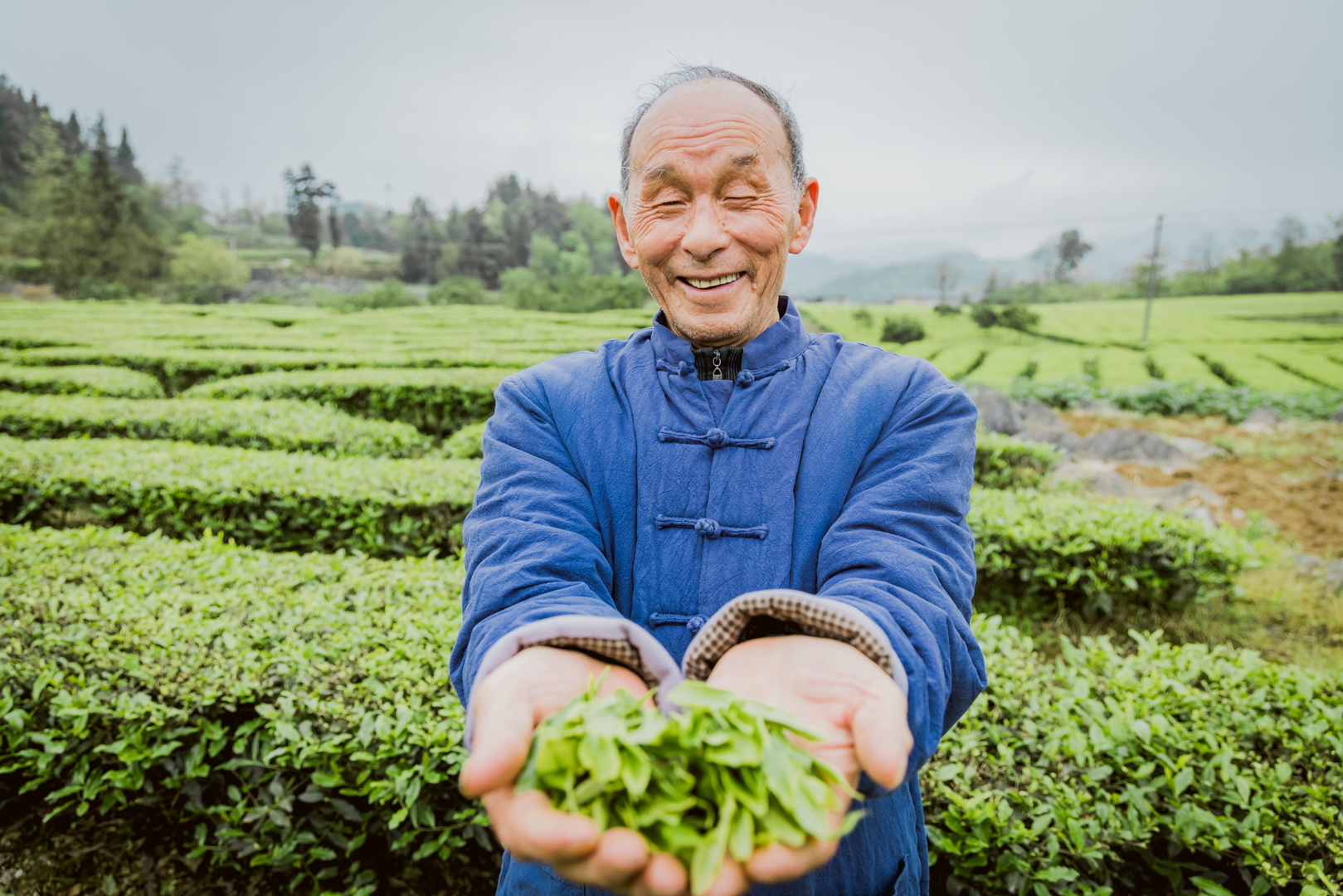On the evening of November 29, Beijing time, the "Chinese traditional tea making techniques and related customs" declared by China passed the review at the 17th ordinary session of the Intergovernmental Committee for the Protection of the Intangible Cultural Heritage of UNESCO, held in Rabat, Morocco, and was included in the UNESCO list of representative works of human intangible cultural heritage. So far, 43 projects in China have been listed in the UNESCO intangible cultural heritage list and roster. Enshi Yulu, a famous historical tea in Hubei, was selected successfully.
“
Chinese traditional tea making skills and related customs "refer to the knowledge, skills and practices related to tea garden management, tea picking, tea manual production, and tea drinking and sharing. Since ancient times, Chinese people have developed six kinds of tea, including green tea, yellow tea, black tea, white tea, oolong tea, black tea and scented tea, according to the local customs, using the core techniques of killing green, suffocating yellow, wading, withering, and so on. Enshi Jade Dew originated in the Tang Dynasty and is a kind of steamed green tea preserved in China.
Traditional tea making techniques are mainly concentrated in the four tea regions of Jiangnan, Jiangbei, Southwest and South China, south of the Huaihe River in the Qinling Mountains and east of the Qinghai-Tibet Plateau. Relevant customs are widely distributed throughout the country and shared by many ethnic groups. Through the Silk Road, the Ancient Tea-Horse Road, the Wanli Tea Road, and so on, tea has crossed history and borders, and is deeply loved by the people of all countries in the world. It has become an important medium for China and the people of the world to know each other, for the exchange and mutual learning of Chinese civilization and other civilizations in the world, and has become the common wealth of human civilization.
The mature and developed traditional tea making technology and its extensive and in-depth social practice reflect the creativity and cultural diversity of the Chinese nation, and convey the concept of tea and the world, inclusive and inclusive. By making, making and tasting tea, Chinese people have cultivated a peaceful and tolerant attitude, formed an implicit and introverted character, and improved their spiritual state and moral cultivation.
Drinking and sharing tea is an important way for people to communicate and communicate. The etiquette and customs related to tea, such as serving guests with tea and putting the elderly first, reflect the Chinese people's humanistic spirit of modesty, harmony, courtesy and respect. Driven and promoted by tea culture, China's tea industry has developed rapidly and the level of tea science and technology has steadily improved. Tea culture, tea industry and tea technology also play a positive role in providing sustainable livelihoods, promoting gender equality, promoting rural revitalization, protecting terrestrial ecosystems, and promoting social, economic and environmental sustainable development.